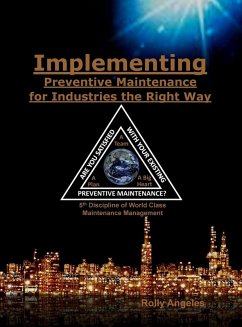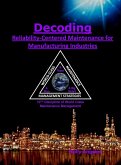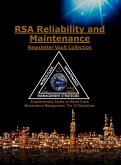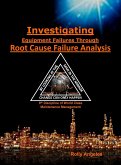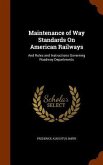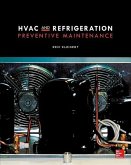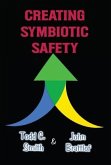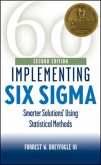This book refers to Discipline Number 5 based on the original book I wrote in 2009 on World Class Maintenance - The 12 Disciplines. Almost all industries have their Preventive Maintenance, but still, many problems emerged and the question is can we do something about it. Many maintenance people from industries are not satisfied with their current Preventive Maintenance even if they are complying with every single maintenance task listed. My sole intention in writing this book is to provide a guide and direction to help maintenance in industries get the results in doing the correct Preventive Maintenance on their equipment and assets. In today's digitalization era, and with all these advanced CMMS and EAM software, apps, technology, cloud, smart sensors, Industrial Internet of Things, and automation, the majority of industries are jumping on the bandwagon thinking that these technologies will optimize their asset. I have nothing against technology, but what I am stating is that everything will boil down to one thing and that is addressing the basics first. The goal and objective of having Preventive Maintenance are to prevent or anticipate a failure or breakdown from happening first. The keyword in this case is being first. This means that we need to perform an activity or task before failure happens. But the thing is we need to be precise in what failures can be addressed by PM since not all failures can be prevented in the first place. Here are some of the highlights of this book. ¿ The Traditional Belief in Preventive Maintenance ¿ Mistaken Belief about Preventive Maintenance ¿ The 3 Phases of Preventive Maintenance ¿ Why Most Planners Cannot Plan Future PM Work ¿ Integrating Precision Maintenance on PM ¿ PM Interval, Are We Doing PM Too Late or Too Soon? ¿ Determining the Correct Interval for PM Overhauls and Replacement ¿ Determining the Correct Interval for PM Human Inspection ¿ Selecting the Maintenance Interval for Greasing Bearings ¿ Selecting the Maintenance Interval for Changing Oil ¿ Selecting the Maintenance Interval for Failure Finding Tasks ¿ Selecting the Maintenance Interval for Redundant Components ¿ Refining the PM Interval ¿ Factors to Consider in Stocking Parts or Not In the Storeroom ¿ MRO Decision Diagram on Whether to Stock or Not to Stock ¿ Case Samples on How to Use the MRO Algorithm and Form ¿ Why Operators Should be Involved in Maintenance ¿ Tips on How to Involve your Operators in Maintenance ¿ The Role of Predictive Maintenance on PM ¿ The Reason RCM Was Developed by the Airline Industry ¿ What the PM Task Should Include ¿ Measuring PM Effectiveness and Performance ¿ Maximizing the Use of CMMS ¿ What CMMS Should Provide for PM ¿ 21 FAQs on Preventive Maintenance ¿ 17 Tips on Preventive Maintenance ¿ Improving Routine Preventive Maintenance Inspection ¿ Improving Major Preventive Maintenance Shutdown ¿ Improving Scheduled Greasing Practices ¿ Treat Maintenance Not as a Profit Center but as a Business
Hinweis: Dieser Artikel kann nur an eine deutsche Lieferadresse ausgeliefert werden.
Hinweis: Dieser Artikel kann nur an eine deutsche Lieferadresse ausgeliefert werden.

